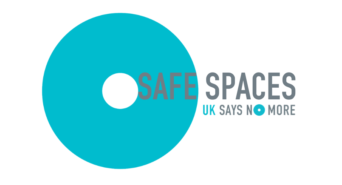What is financial abuse?
Financial abuse can happen to anyone. It’s when someone has manipulation over another person’s finances, through control, coercion, or even fraud. Abuse might be carried out by a partner, family member, friend, carer or a registered third party or power of attorney.
How will I know if I’m experiencing financial abuse?
It can be difficult to notice, if you’re being financially abused, but below are some warning signs. If you agree with any of the statements below, that may be a sign that you are being financially abused.
They stop you from working or getting to your job
They have control over joint bank accounts, or any sole bank accounts you have
They borrow money in your name
They make you borrow money you otherwise wouldn’t
They spend your money without telling you
They cash your pension or salary without your permission
They get their name added to your accounts
They’ve stopped you from seeing your family or friends
They offer to pay bills or do your shopping to get access to your money, but you do not see what they spend that money on
They’ve asked you to change your will
They get themselves added to your account using power of attorney or third party mandate
Do any of these sound familiar? If you think you are being financially abused, there are some steps you can take to protect yourself below.
What is domestic abuse?
Domestic abuse takes place between people who have been or are in a relationship or between family members. It’s not always violent. Domestic abuse can involve sexual assault or it can be psychological, financial or emotional.
Coercive control is a pattern of behaviour including assault, threats, humiliation and intimidation that is used to harm, punish or frighten the victim.
How will I know if I’m experiencing domestic abuse?
You might not realise if you’re in a domestically abusive relationship, however if you are concerned for yourself or someone else, below are some warning signs to look out for. If you agree with any of the statements below, that may be a sign that you are being domestically abused.
Do they stop you seeing your family or friends?
Do they constantly put you down in public?
Do they embarrass you or humiliate you in front of family and friends?
Do they tell you you’re useless or worthless?
Do they control your money?
Do they use anger and intimidation to frighten you?
Do you avoid making them angry?
Do they threaten you if you don’t do something?
Do they blame you for their behaviour?
Do they play mind games with you?
Do you blame yourself for their behaviour?
Do you worry about leaving them if you have children or dependants?
Are you financially dependant on them?
Do any of these sound familiar? You don’t have to experience this alone. We’re here to support you, and will do all we can to help you get back in control.

